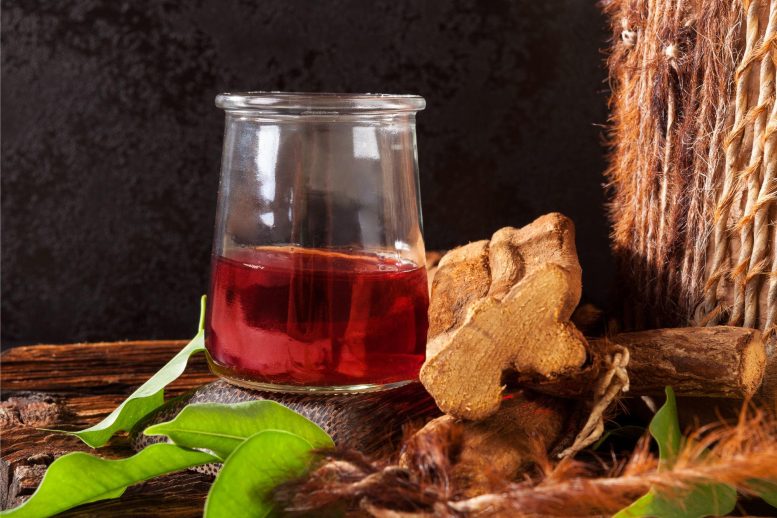
Ayahuasca is a plant-based psychedelic substance traditionally used in indigenous Amazonian shamanic practices. It is typically brewed into a tea and consumed during a ceremonial session led by an experienced facilitator or shaman.
According to the Global Ayahuasca Survey, 70% of respondents reported experiencing physical adverse effects and 55% reported experiencing mental health adverse effects. However, only 2.3% of respondents who experienced physical adverse events required medical attention.
According to a new study published in PLOS Global Public Health, the use of the plant-based psychoactive substance ayahuasca is associated with a high rate of adverse physical effects and challenging psychological effects. However, these effects are generally not severe.
The study, conducted by Daniel Perkins of the University of Melbourne and colleagues, is one of the few to analyze the adverse effects of ayahuasca, which is a traditional South American medicine and ceremonial drink that is gaining popularity for its potential mental health benefits and spiritual and personal growth properties. Despite clinical trials and observational studies demonstrating the potential benefits of ayahuasca, there is a lack of research on the negative effects of ayahuasca.
In the new study, the researchers used data from an online Global Ayahuasca survey carried out between 2017 and 2019, involving 10,836 people from more than 50 countries who were at least 18 years old and had used ayahuasca at least once. Information on participants’ age, physical and mental health, and history and context of ayahuasca use was collected.
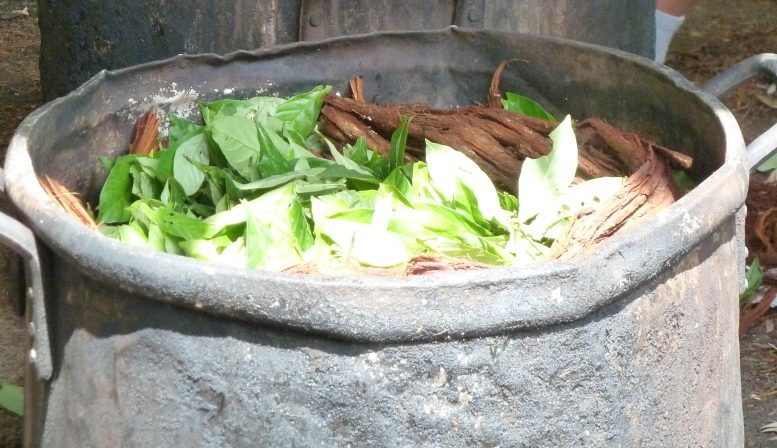
Preparation of ayahuasca (from B. caapi and P. viridis). Credit: Daniel Perkins, CC-BY 4.0
Overall, acute physical health adverse effects were reported by 69.9% of the sample, with the most common effects being vomiting and nausea (68.2% of participants), headache (17.8%), and abdominal pain (12.8%). Only 2.3% of participants reported physical adverse events required medical attention for this issue. Among all participants, 55% also reported adverse mental health effects, including hearing or seeing things (28.5%), feeling disconnected or alone (21.0%), and having nightmares or disturbing thoughts (19.2%). However, of all respondents identifying these mental health effects, 87.6% believed they were completely or somewhat part of a positive growth process.
The researchers also identified several factors that predispose people to adverse physical events, including older age, having a physical health condition or substance use disorder, lifetime ayahuasca use, and taking ayahuasca in a non-supervised context.
The authors make the observation that ayahuasca has notable, although rarely severe, adverse effects according to the standards used for assessing prescription medicines. In that sense, they state that ayahuasca practices can hardly be assessed with the same parameters used for prescription medicines since the myriad of its effects includes challenging experiences that are intrinsic to the experience, some of which are considered as part of its healing process.
The authors add: “Many are turning to ayahuasca due to disenchantment with conventional Western mental health treatments, however, the disruptive power of this traditional medicine should not be underestimated, commonly resulting in mental health or emotional challenges during assimilation. While these are usually transitory and seen as part of a beneficial growth process, risks are greater for vulnerable individuals or when used in unsupportive contexts.”
Reference: “Adverse effects of ayahuasca: Results from the Global Ayahuasca Survey” by José Carlos Bouso, Óscar Andión, Jerome J. Sarris, Milan Scheidegger, Luís Fernando Tófoli, Emérita Sátiro Opaleye, Violeta Schubert and Daniel Perkins, 16 November 2022, PLOS Global Public Health.
DOI: 10.1371/journal.pgph.0000438


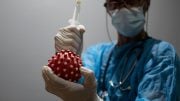
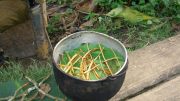

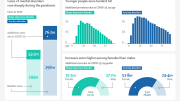

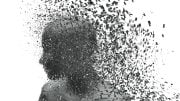
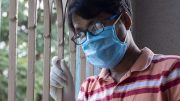
Be the first to comment on "Is Ayahuasca Safe? A New Study Analyzes the South American Traditional Medicine"